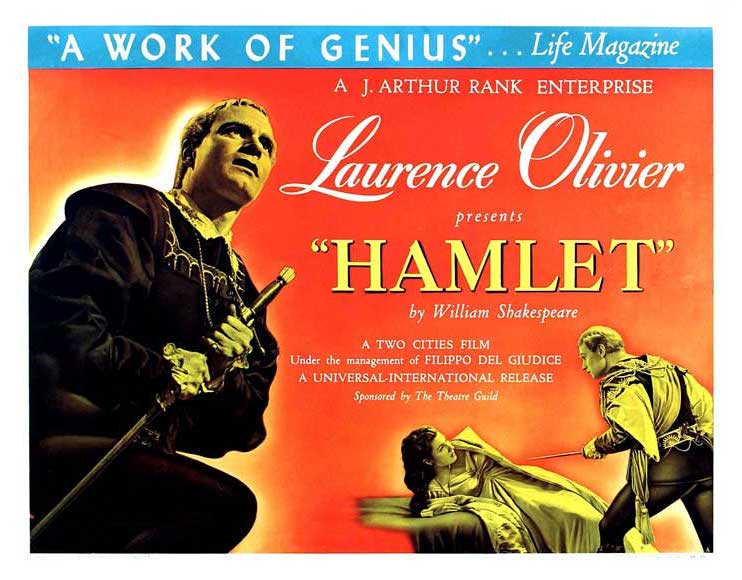
Nominated: Love is a Many-Splendored Thing, Mr. Roberts, Picnic, The Rose Tattoo
Should Have Won: Night of the Hunter
Be Sure to See: The Blackboard Jungle, Lady and the Tramp, Rebel Without a Cause, To Catch a Thief, The Trouble With Harry
"Two women in the same kitchen make a house-a burn up,"--Aunt Catherine (in an Italian accent)
In
the few roles I've seen Ernest Borgnine play, he always struck me as
a tough guy I wouldn't want to tangle with. In Marty I
saw a softer side. Marty Poletti lives with his old Italian mother
and works as a butcher. He is in his mid-thirties and isn’t married
though all of his siblings are. If he ever forgot he was single he
sure gets reminded of it often. I saw where the story was going
pretty early on and, though I connected with Marty, I didn't really
feel emotional about his single-life plight until about fifteen
minutes in. He calls a woman for a date and is rejected. This is when
my attitude for both Marty and Marty came
into focus. I wanted so badly for him to find happiness.
I've
read some takes on the movie's plot and they almost always say it is
about Marty finding love but I don't think so. I think it is about
him finding acceptance. At a dance, someone offers Marty $5 to take a
girl home so he can hook up with an old friend he sees there. In this scene, we see
how big Marty's heart is because anyone else would jump at the
chance for a free five dollars and to get to talk to a girl. But Marty
immediately took to the girl's feelings and declines. What follows is
the storyline of Marty meeting the girl anyway and it kicks off with
him gazing at her from across the room in the first of two great
shots in the movie.
The
girl is Clara and Marty eventually walks her home. What spawns from this
is a somewhat awkward relationship (if you can call it a relationship
since the movie takes place over only a couple days). They are both
shy and unsure of themselves. They know they like each other but they
also know mutual attraction is a new feeling for both of them. Marty realizes he is
heavyset and out of touch with a woman's desires and people
(including Marty's mother) let him know that Clara is not a beauty
queen, even calling her a dog. This was puzzling to me because I
found her quite attractive. Lots of times someone's attitude makes
them more attractive, it's true, but these people were referring to
her looks. She looked okay to me.
Their
first night together goes fairly well though Marty babbles on the
whole evening while Clara listens politely. But Marty's intentions
are to be a gentleman and even goes the extra step to walk on the
outside of the sidewalk, which is a lost art I still practice. The
night is capped off interestingly with Clara meeting Marty's mother
in an uncomfortable exchange. It is clear his mother doesn't approve
which surprised me. I figured she'd be happy with anyone he brings
home, particularly since Clara is Catholic like they are. But Marty
isn't deterred by it, as he isn’t deterred by his friends
disapproval of her. And after walking her home my other favorite shot
occurs when Marty's burst of excitement and joy makes him run into
the street yelling for a taxi.
The
end is a little abrupt yet appropriate. I won't spoil it but my first
thought was there should have been another scene with a second
meeting with the couple, but that is when I figured out what the theme
was (at least in my mind). I think it is acceptance. Marty's mother
and friends don't accept Clara but Marty does. Is it because he loves
her? Is it because they had such a good time on the date? Is it
because he is tired of being alone and she is the only chance he has?
Maybe in a longer movie or a sequel we would find out. But under the
circumstances, all we know is they enjoyed each other and found
happiness, despite what others think. The ending made me feel good and Marty and Clara's happiness brought me
happiness, and that is good enough for the three of us.
Note: Just something I thought of. The movie is called Marty and was made in 1955. As a Back to the Future fan, I couldn't help but notice that Marty McFly travels back to 1955. I guess that was the year of Marty.





